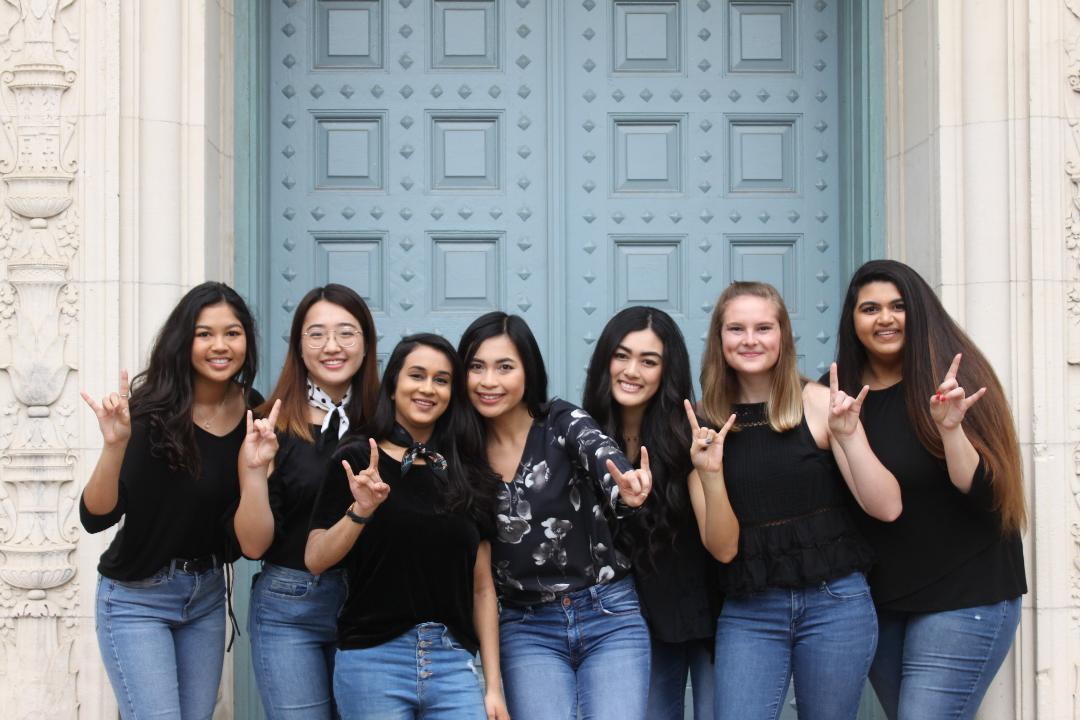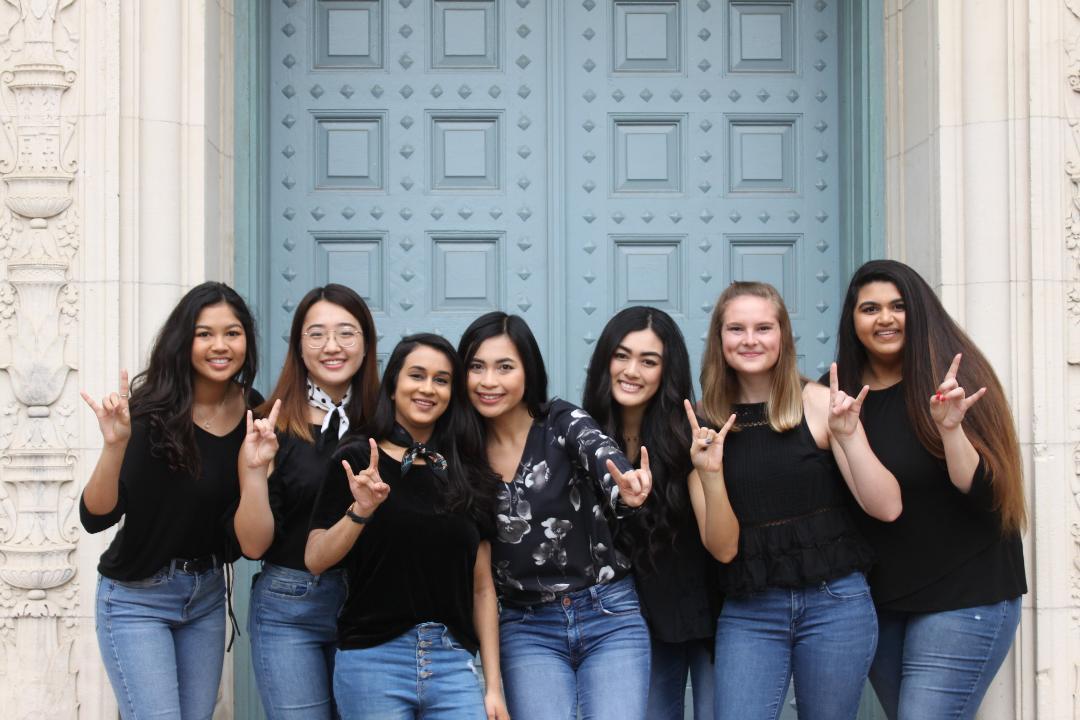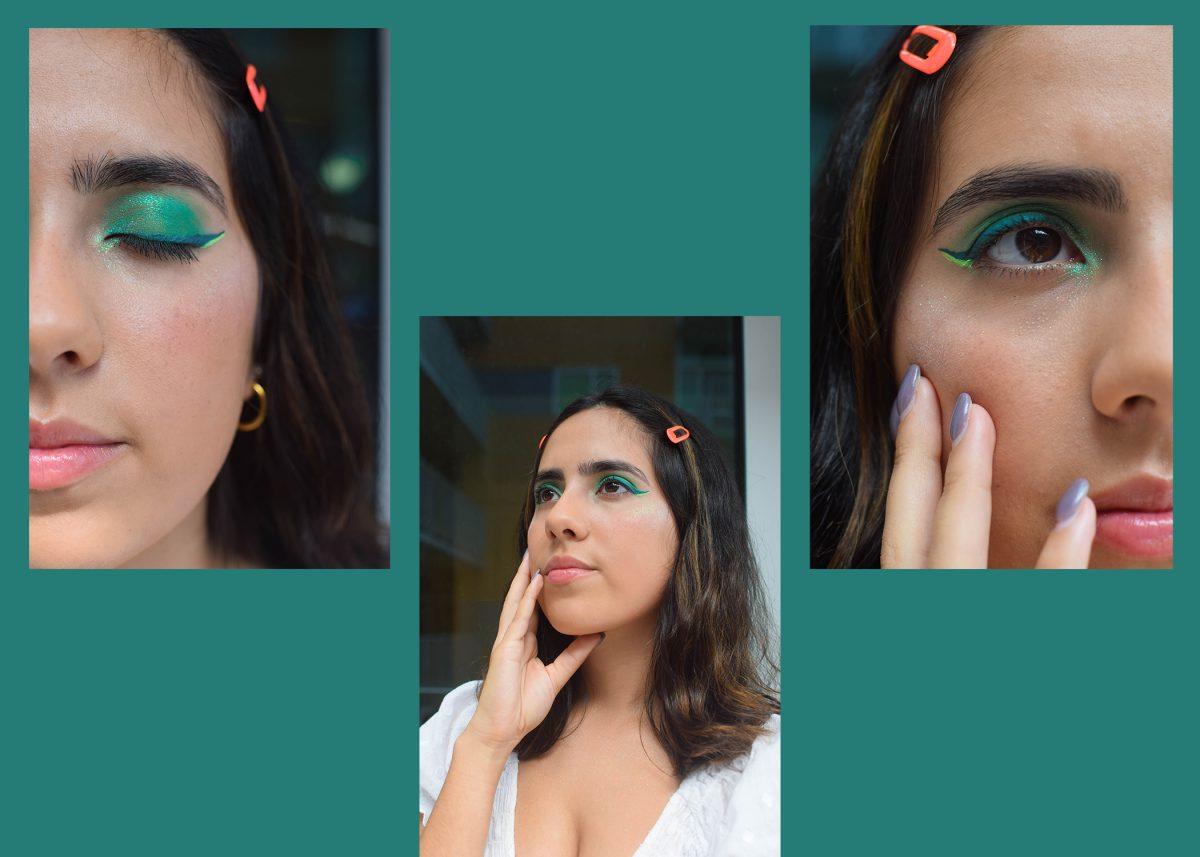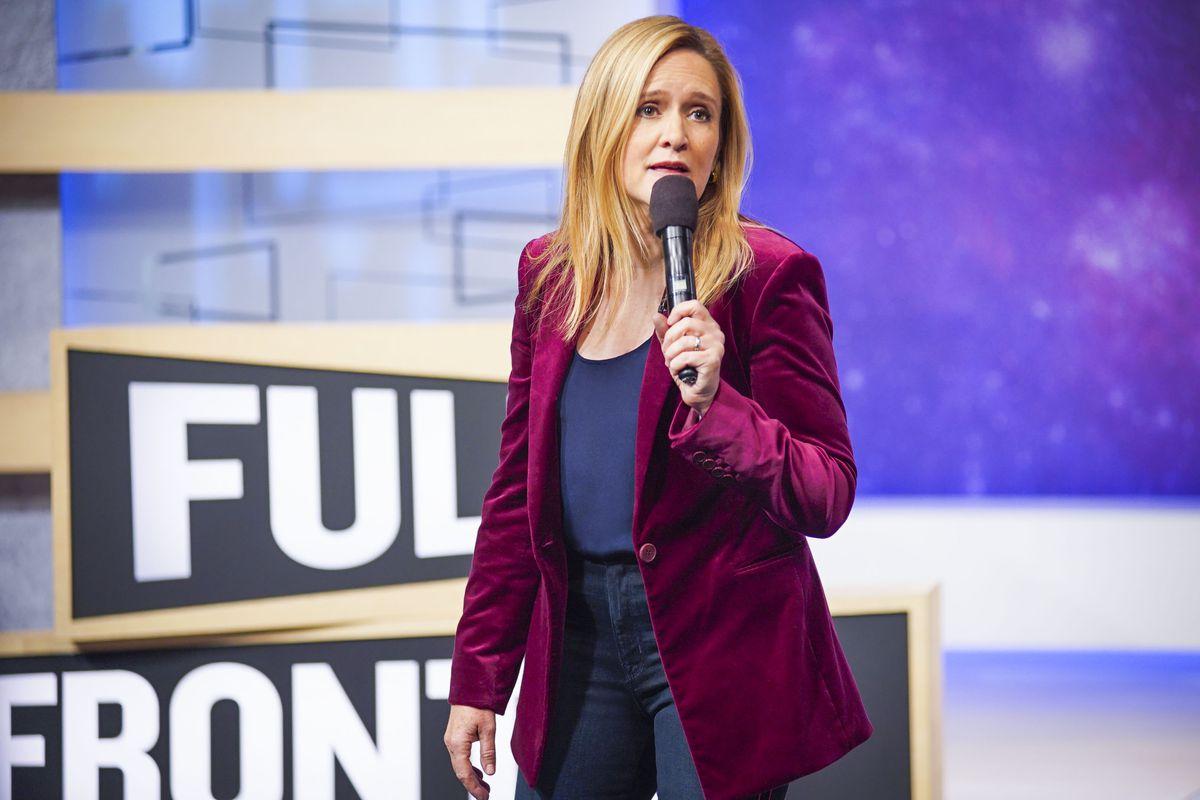Girls across the globe live without easy access to education. She’s the First (STF), a newly-founded organization at the University of Texas at Austin, strives to provide a shot at a greater future and fight gender inequality through education.
Story by Niyra Tealer
Photo courtesy of She’s the First
STF is a national organization that supports girls who are the first in their families to receive a secondary and post-secondary and trains them to become global citizens in hopes of breaking the cycle. The UT chapter was founded in January of 2018 by sophomores Danica Ferniz and Sarah Haque. It all started with a concept that hit too close to home for Ferniz and Haque. Both women heard stories of how their mothers were personally affected by gender inequality issues.
Biology and genetics sophomore Ferniz was born in the Philippines. However, she came to America when she was a year old. Growing up, she never experienced the severity of inequity she heard in stories that her mother shared about living in the Philippines. “My first time visiting the Philippines was four years ago when I was in high school,” Ferniz says.“It didn’t really hit me until I actually went there and realized that people are either really wealthy or struggling to eat everyday.”
Ferniz adds that her mother would tell her that education was their way out of poverty. However, that there was a barrier to reaching that education. “If you don’t come from a good family, you’re not introduced to an education,” Ferniz says.
International relations and global studies sophomore and co-president of STF Haque tells a similar story. She says her mother wanted to pursue higher education just as her older brothers did. After graduating as valedictorian of her class, she applied to a prestigious university in Pakistan but was declined admission because she was a woman. “You’d think things like that don’t happen but they do,” Haque. “It’s blatant sexism and people think it’s justified. There is a social stigmatism between women and higher education in developing countries.”
Ferniz and Haque were inspired when they heard about STF in the summer of 2017. They felt compelled to start a chapter at UT when they found out that other universities were already involved with the organization. With the help of a team of five other executive board members, co-presidents Ferniz and Haque were able to successfully launch a chapter of the organization on campus.
STF involves members through four committees: community engagement, public relations, global citizenship and gala committee. Meetings take a democratic form as different voices and opinions are heard.
One of the semester goals for STF is to raise $400 to sponsor a girl who otherwise would not have the resources to attend high school. “A lot of these girls will be the first in their families to go to high school,” says marketing junior and public relations chair Christine Li. “It’s really special to see where your funds are going, it makes it more personal. You know the individual and you’re able to track her progress to see where she is going.”
Li, who also has a personal connection to the mission of the organization, was born in China where she says the education was competitive with a lack of resources. She says that even before a child is born, parents begin organizing their lives for the education they deserve. Her parents left China to come to America while her mother was a nurse and her father was a business school graduate. “My dad worked odd men jobs at restaurants or cutting grass to make it possible for us to have a start in America,” says Li. “Because of their sacrifices, I have resources and opportunities that would never be available to me in China.”
Ferniz connects these realities back to campus life. “We don’t realize the importance of having an education because we attend such a great university,” Ferniz says. “We have access to so many resources, and we don’t realize that outside of that bubble we live in, there are people who don’t know that they can have a voice. We need to introduce that to people outside of the United States, that’s how my parents came here. That’s how we make change in the world.”












































